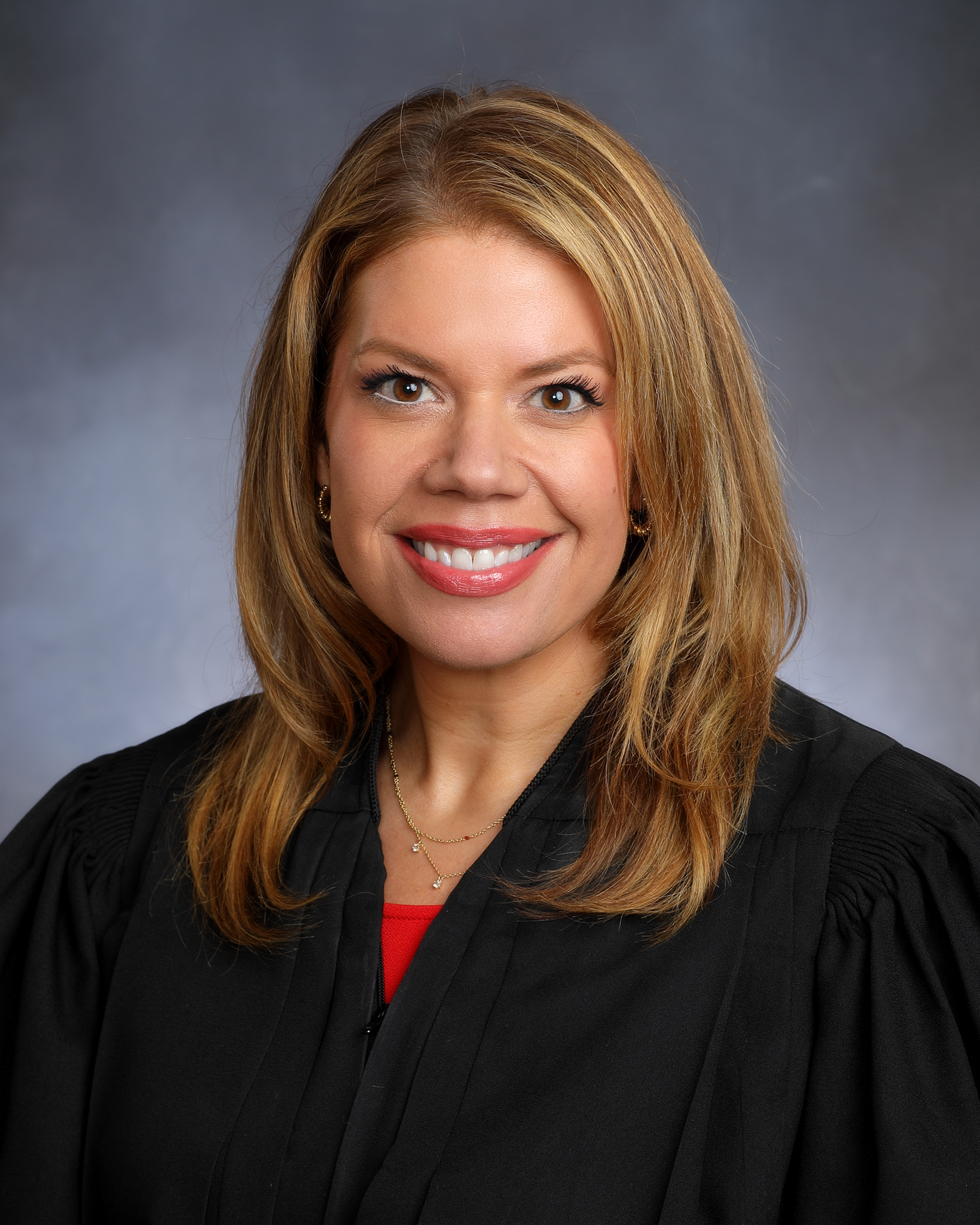- Home
- »
- Agencies & Departments
- »
- Juvenile Court Online Payments
Probate/Juvenile Court - Judge Deborah G. Lang
Contact Us

Judge Deborah G. Lang
The Probate-Juvenile Divisions of the Licking County Common Pleas Court
1 North Park Place
Newark, Ohio 43055
(directions)
Hours: (M-F, 8:30 a.m. to 4:30 p.m.)
Probate Court: (740) 670-5624
Probate Fax: (740) 670-5880
Juvenile Court: (740) 670-5625
Juvenile Fax: (740) 670-5881
Effective, July 1, 2022, pursuant to Civ. R. 5(E) and Civ. R. 73(J), the Licking County Probate-Juvenile Court is accepting the electronic filing of pleadings and other documents subsequent to the original complaint. A list of the pleadings and documents that the Probate Division will accept for electronic filing can be found (here).
Any pleading or document requiring the assignment of a new case number shall not be accepted for electronic filing. Any and all requirements for filing certified copies or original documents with the Court under the Ohio Revised Code, the Ohio Rules of Juvenile Procedure, the Rules of Superintendence for the Courts of Ohio, and the Ohio Rules of Civil Procedure shall remain in full force and effect and shall not be superseded or waived by filing electronically with the Court.
Electronic Filing Emails:
Juvenile: [email protected]
Probate: [email protected]
Location
Entrance to the Courthouse is located on the southeast side(door closest to Wendy's) of the building at street level. A security screening is required prior to entrance. Cell phones are not permitted in the building.
Probate-Juvenile Court
In each of Ohio's eighty-eight (88) counties there is a juvenile court and a separate probate court, both of which are divisions within that county's common pleas court. In the majority of Ohio's counties, the probate judge serves also as the juvenile court judge.
Juvenile Court
Juvenile courts in Ohio were not created statewide until around 1906. Today, juvenile courts have jurisdiction to hear cases of alleged delinquency, unruliness, juvenile traffic offenders; juvenile tobacco offenders; cases of alleged child abuse, neglect and dependency usually initiated by a county children services agency when children have been removed from their homes because of their condition or environment; and private complaints for custody. Juvenile courts also have jurisdiction to hear certain adult criminal cases (misdemeanors only) such as criminal non-support, contributing to the delinquency or unruliness of a child, child endangering and sexual imposition when the stated victim is a minor child. All adult criminal cases heard by a juvenile court are open to the public.
Purpose Statement
The Licking County Juvenile Court administers justice and provides quality services to offenders and their families, to victims, and to the citizens of the community. The Court emphasizes:
- Holding youth accountable for their actions.
- Providing victims with a voice in the justice process.
- Protecting the public interest and safety.
- Building healthy communities for healthy youth.
- Providing for the care, protection, and mental and physical development of the children who are within the jurisdiction of the court.
The efforts of our court reflect a proactive approach to developing and supporting partnerships in all facets of the Licking County community.
Probate Court
The term "probate" comes from the Latin word probatio, meaning "to prove", wherein matters in early English religious courts were proven before an ecclesiastical judge. Early American probate courts may be traced back to English Courts of Chancery and ecclesiastical, or religious courts, which had jurisdiction over the probate of wills, administration of estates and guardianships. Today's Probate Court has jurisdiction to hear over two hundred (200) separate kinds of cases. They include the administration of decedent's estates, consent for medical treatment, the appointment of guardians for minors and incapacitated adults and the supervision of their property, civil involuntary commitments of the mentally ill, adoptions, birth record corrections and registrations, changes of name, issuance of marriage licenses, supervision of testamentary trusts (those created by will) and interpretation and enforcement of inter vivos trusts (those created during a person's lifetime), land appropriations, will constructions and will contests. With the exception of adoptions and hearings involving the involuntary hospitalization of the mentally ill, probate court hearings are open to the public and probate court records are public records.
The attachments to this site are meant to be informative to the public at large and will give the reader more specific information about our local courts and the courts of our state. Thank you for visiting these sites!
